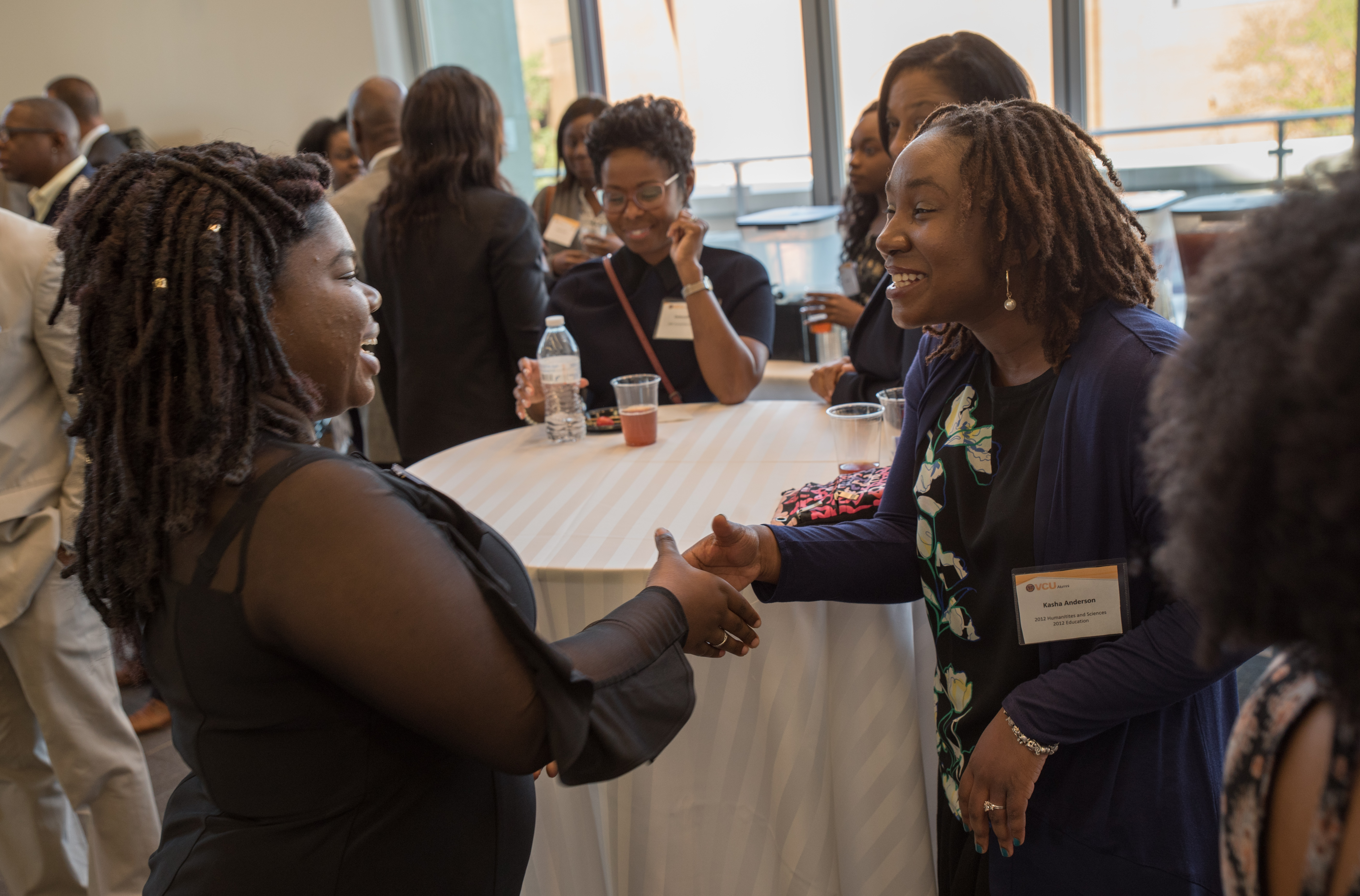
What is the Mentoring Circle?
Initiated, sponsored and supported by the VCU Alumni Black Alumni Council, the award-winning Mentoring Circle connects current students with alumni mentors for one year, to promote and contribute to the recruitment and retention of students.
“A mentor is someone who allows you to see hope within yourself.”
- Oprah Winfrey
Upcoming events
Throughout the year the Mentoring Circle engages with students through a variety of events created to empower students.
- Sankofa Pinning Ceremony
- Black Leadership Summit
- Rams Relax and Recharge
- Beats & Brunch - National Mentoring Month Appreciation
- Mocktail Party and Graduation
Questions? Contact Sharron McDaniel (B.S.W.’17), mentoring coordinator, at mcdanielst@vcu.edu.
Frequently Asked Questions
- What do mentors do?
-
Mentors draw on their real-world experience to give students advice about making the right choices in school, getting ahead in their careers and developing social skills. They serve as confidence boosters as well as role models.
Mentors act as sounding boards for students and provide practical feedback. They share ideas, communicate knowledge, identify useful resources and help clarify educational and professional goals.
Mentors often take students to their workplace to give them a firsthand look at “the real world.” And they offer insights on a range of skills, such as developing time-management strategies, approaching faculty members and supervisors, preparing effective résumés, handling interviews and dressing for success.
- Who participates in the program?
-
Each mentor is paired with a student who has been chosen because he or she is willing to learn and eager for professional advancement. Students come from all disciplines and academic classifications.
- How much time does it take?
-
Each relationship develops its own pattern, but as a general rule a mentor is asked to communicate at least twice a month with their mentee. The ongoing relationship is nurtured through phone calls and online contact. There are no boundaries as mentors communicate remotely.
Advice from a mentor
“There are a number of icebreakers, assignments and incentive exercises you can do to engage with your mentee. You can break the ice with the student through an introductory voicemail. This is recommended in lieu of texting and email messages. Additionally, you can send the student on assignments that might be helpful, such as gaining career information, resume building, summer internship research and personal development. Undergraduates need help with stress management, study skills, building their careers and finding correct career information. If a student is reluctant, consider taking them to lunch for a conversation and breaking the ice by going for coffee to see how they are doing. The most important aspect of being a mentor entails being consistent and following up. Being a positive mentor begins with establishing positive interactions and helping your mentee to the best of your ability.”
– Tiffany A. Flowers, Ph.D. (B.S.’99, M.T.’99), assistant professor of education, Georgia Perimeter College
Read more about the Mentoring Circle:
Black Alumni Council Mentoring Circle Steering Committee
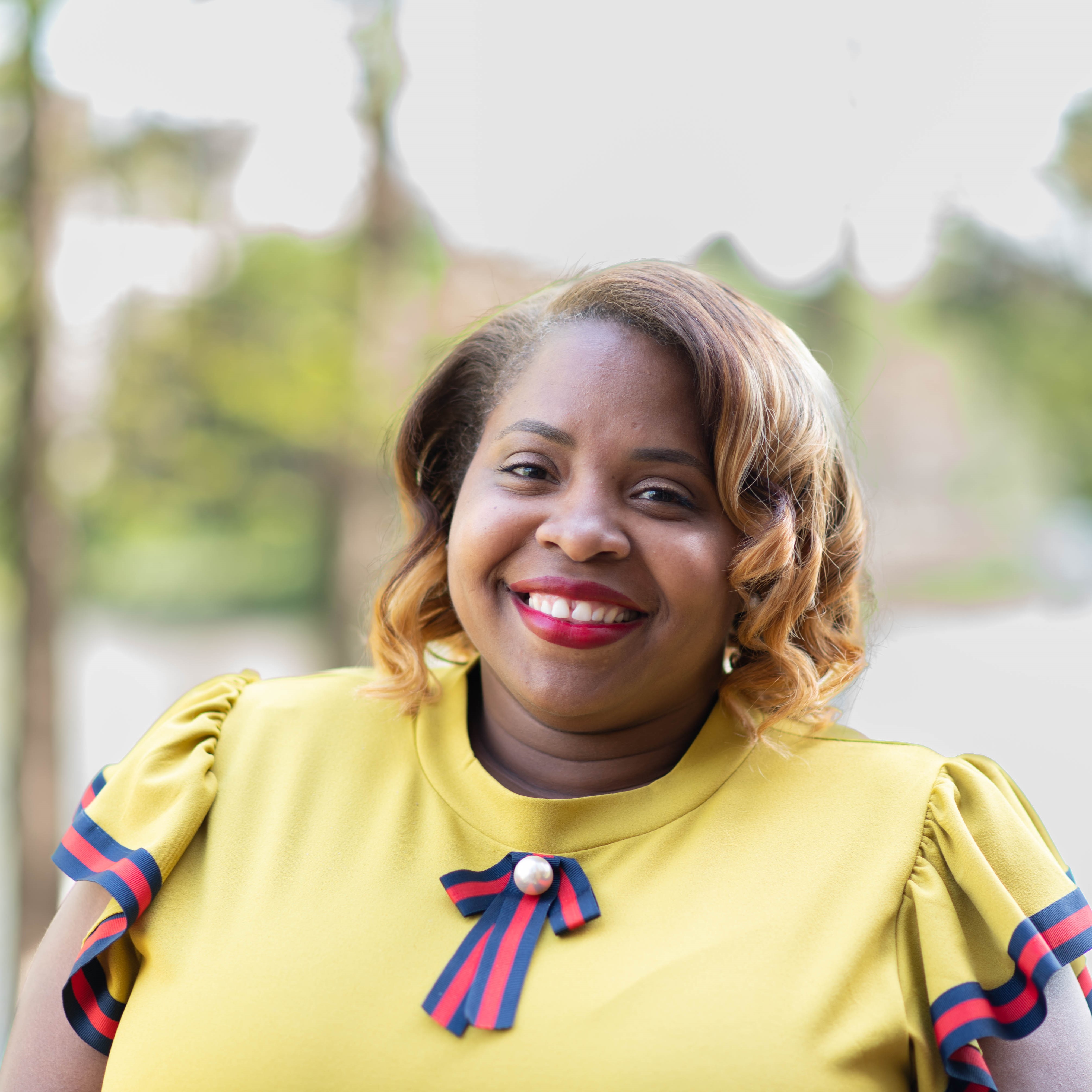 |
 |
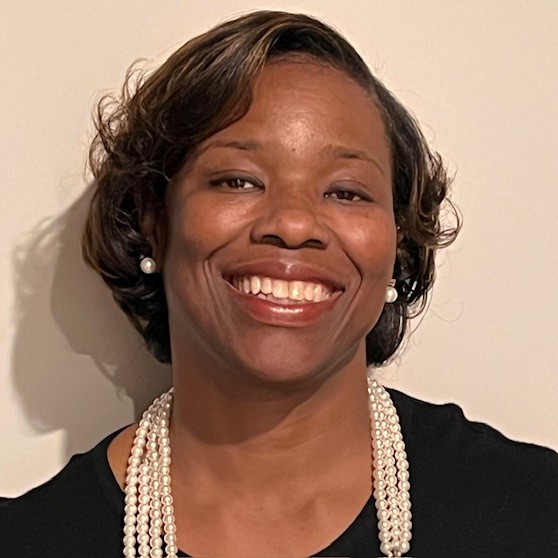 |
|---|---|---|
| Tiffany Thomas Barley (B.A.’03) | Chris Brown (B.S.’07) | Jada Connor (B.S.’94) |
 |
 |
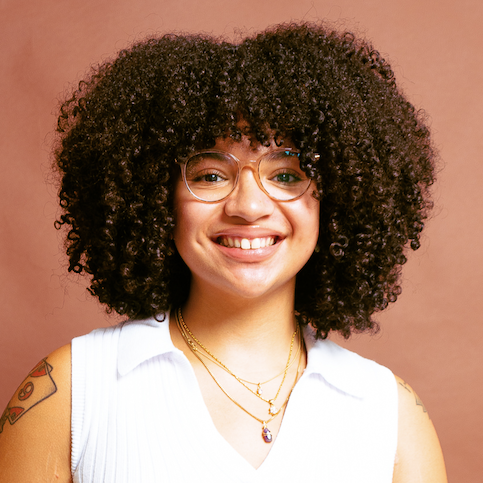 |
| Erica Coleman (B.S.’17) | Sterling Giles (B.S.’16) |
Nemya McGill-Veloso (B.S.’24) |
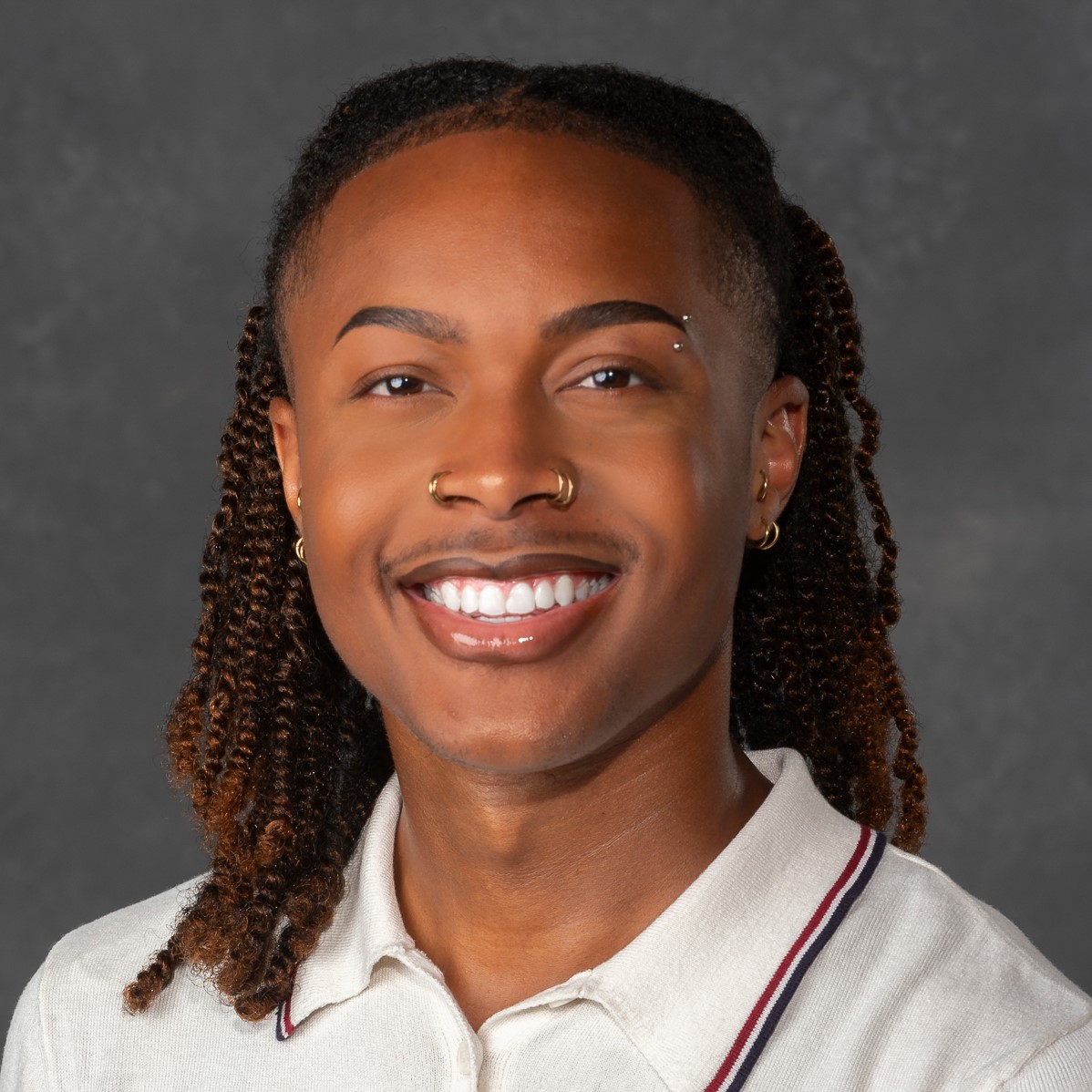 |
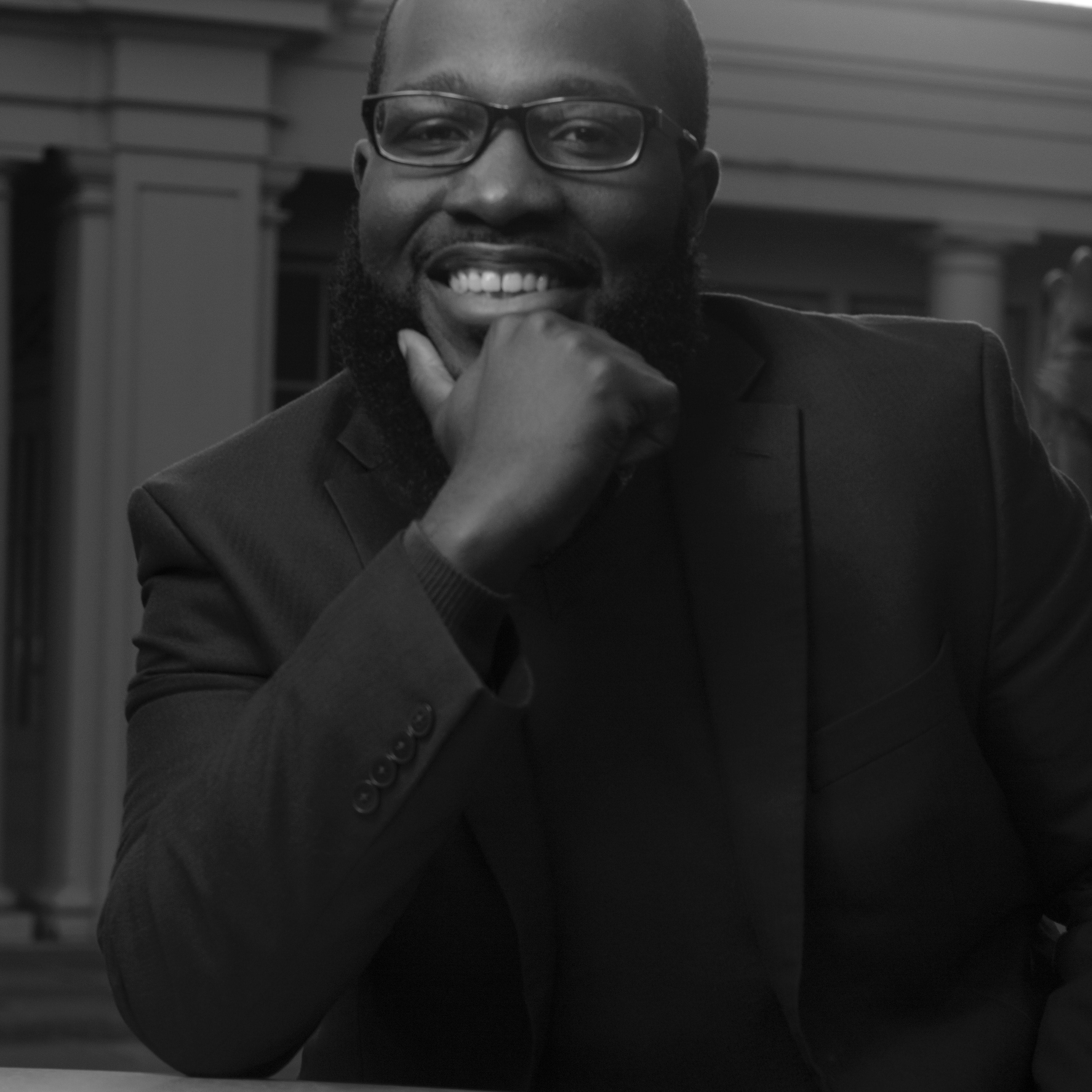 |
 |
| Tre Straughter (B.S.’16) |
Edward Taylor | Sabrina Scott-Lorestil, Ph.D (B.S.’09) |
Program Founders
Gail Coles Johnson (B.S.’86)
Jeffrey O. Roberts (B.S.’87)
